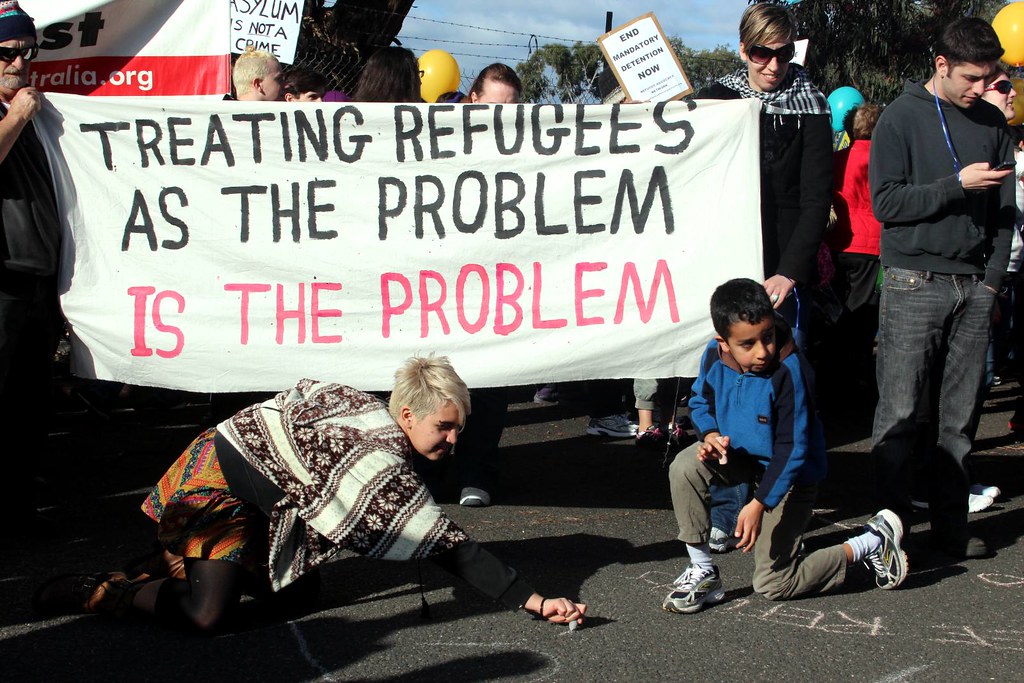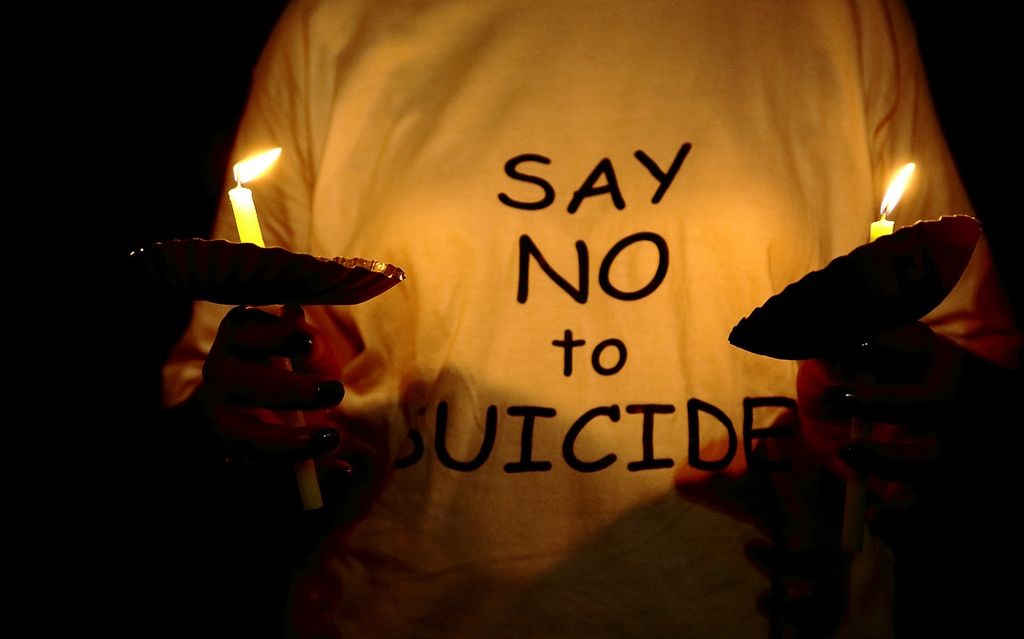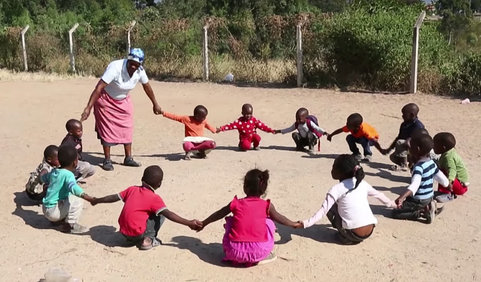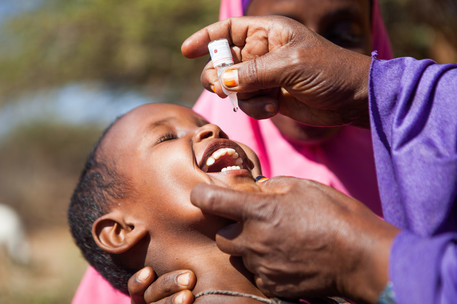In the News: Migrants
Today, there are more people seeking refuge than at any other time in recorded history. It is estimated that over 60 million people have been forcibly displaced, and 19.5 million are classified as refugees.
The ongoing wars and political upheaval that drive much of this migration show no signs of abating, and migrants are desperately trying to find shelter and begin new lives all over the world. This huge wave of migration will have major social and cultural ramifications over an entire generation in the years to come.
We've highlighted some of the stories that put a human face on how this migration struggle is affecting those who have left, as well as those in destination countries adjusting to change. This is the first of a continuing series as we follow this world-changing issue.
The ongoing wars and political upheaval that drive much of this migration show no signs of abating, and migrants are desperately trying to find shelter and begin new lives all over the world. This huge wave of migration will have major social and cultural ramifications over an entire generation in the years to come.
We've highlighted some of the stories that put a human face on how this migration struggle is affecting those who have left, as well as those in destination countries adjusting to change. This is the first of a continuing series as we follow this world-changing issue.
"What is sinking in is that this is not an emergency anymore … With these long-term protracted conflicts [such as those in] Syria, Libya, South Sudan, the Central African Republic, Iraq and Afghanistan … people do not see a future, and therefore they are fleeing. |
|
Suicide Deaths in India Increasing at Alarming RateRoughly 30% of the world's suicide deaths are in India - and suicide rates among Indian women are among the highest in the world.
According to some recently published studies, there are some surprising reasons why rates may be climbing - and why it's been so difficult to get answers on reversing the trend. |
Swaziland's Secret Weapon Against Child Abuse: GrandmothersA 2007 UNICEF survey found that one in three girls in Swaziland was sexually abused before age 18. But now, Swaziland is now being hailed as a shining model to ensure the safety of children. What's the secret to the turnaround?
Grandmothers. Here's how a unique program enlisted over 10,000 grandmothers to successfully combat child abuse. |
Polio's Return to Nigeria was Likely Driven by TerrorismTwo new cases of polio have just recently been confirmed in Nigeria, breaking what would have been two straight years of a polio-free Africa.
Here's why experts are potentially linking these new cases to the terrorist group Boko Haram. |
|
|
Sleeping Patterns Around the WorldWho would you guess sleeps more: people in Japan, or The Netherlands? Researchers collected data about sleep patterns from 5,000 people in over 20 countries - and here's what they found.
Related article and video: Do We Really Need to Sleep 7 Hours A Night? A recent study of 3 different hunter-gatherer tribes in Africa and South America whose lifestyles have remained unchanged for thousands of years yielded some surprising results about sleep patterns, and what influences how long we sleep. To learn more, read the article and watch the video (left.) |




